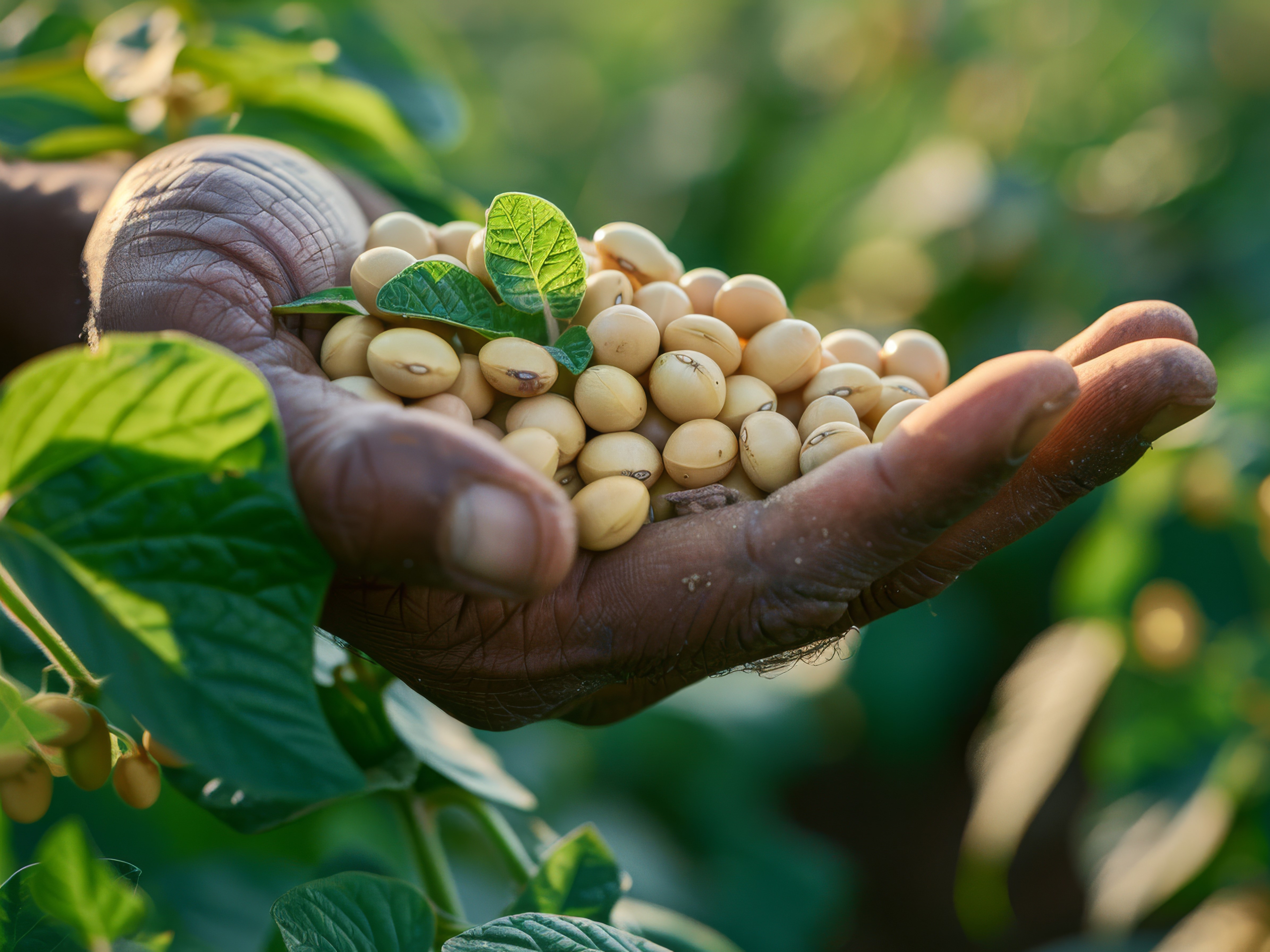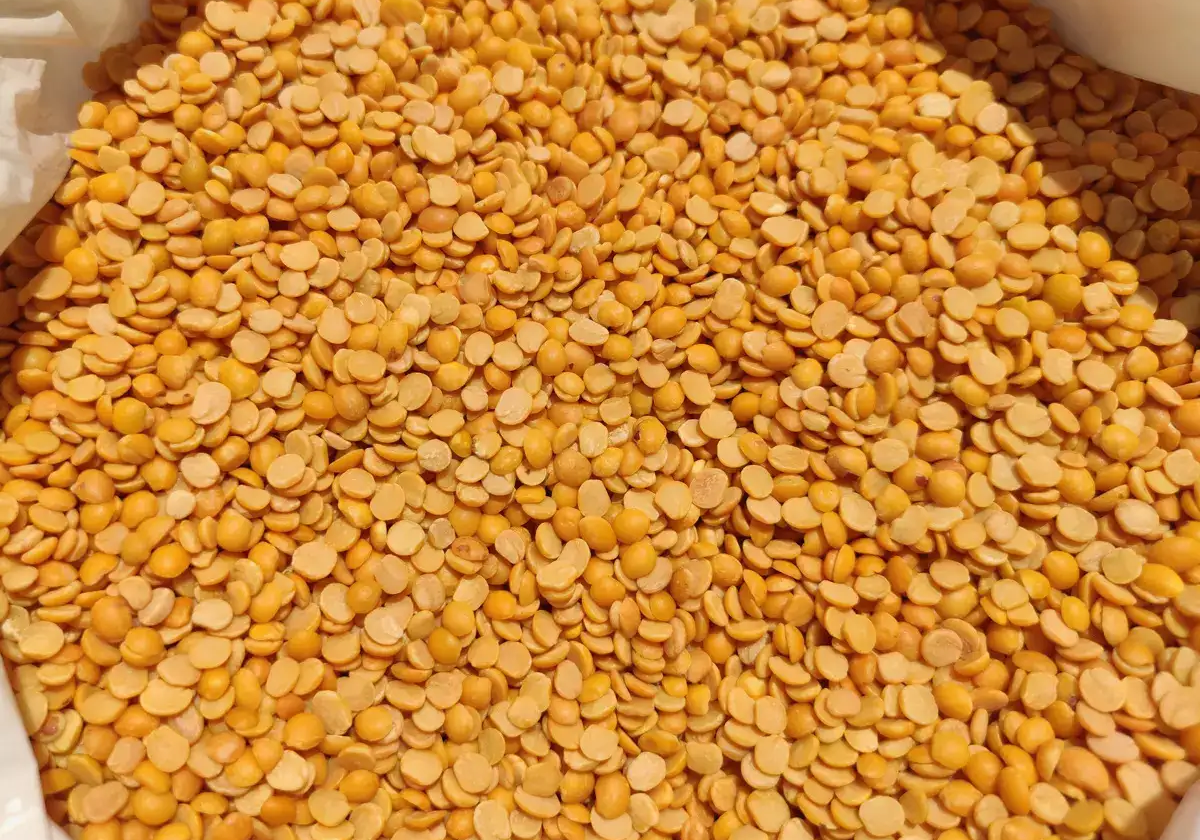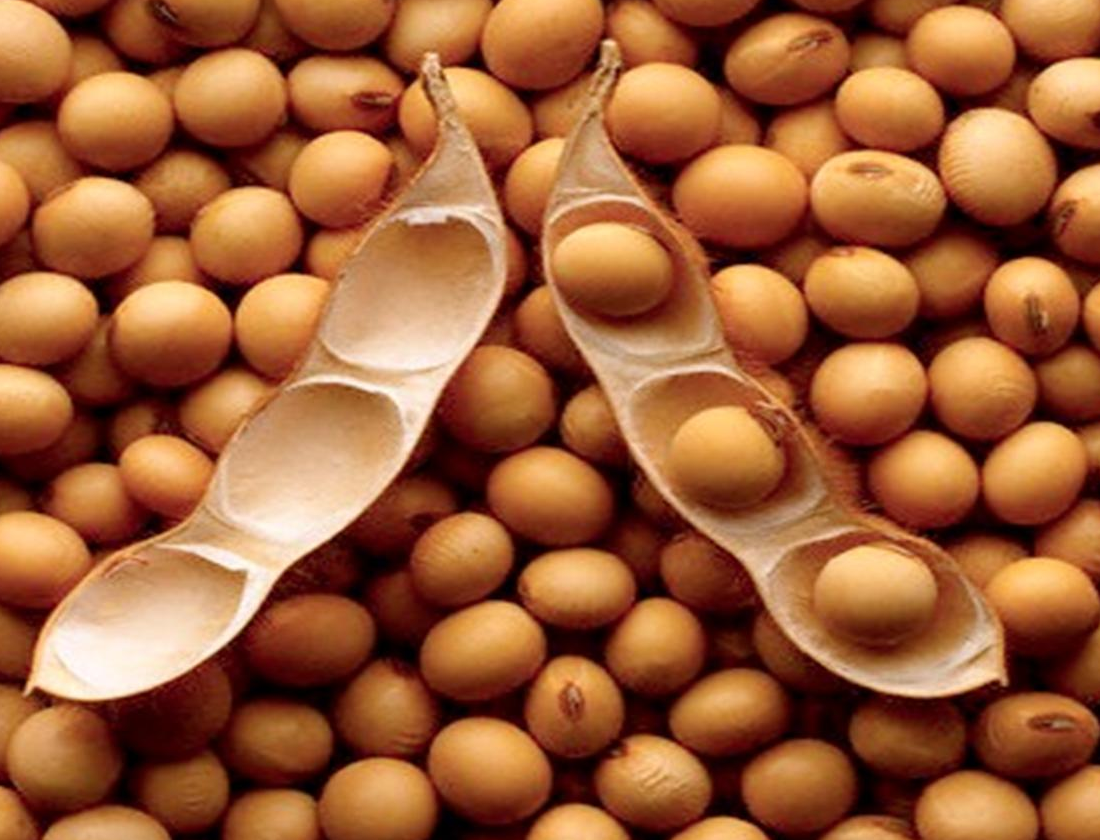Agriculture in India is undergoing a digital revolution, with emerging technologies such as Artificial Intelligence (AI), the Internet of Things (IoT), and blockchain transforming the sector. However, quantum computing in agriculture has the potential to be a game-changer, offering unprecedented computational power to solve complex agricultural challenges at an accelerated pace. With India being an agrarian economy, integrating quantum computing could lead to hyper-efficient farming practices, ensuring food security, sustainability, and enhanced farmer profitability.
Understanding Quantum Computing in Agriculture
Quantum computing leverages quantum bits (qubits) instead of classical bits, enabling computations at an exponentially faster rate. Unlike classical computers, which linearly process information, quantum computers perform multiple calculations simultaneously, making them highly effective for solving intricate agricultural problems such as climate prediction, soil health assessment, and crop optimisation.
“The global quantum computing market is projected to reach $1.7 Bn by 2026, growing at a CAGR of 30.2%.” According to McKinsey analysts, quantum technology’s economic impact could reach up to $2 trillion by 2035, with agriculture being a significant beneficiary.
Applications & Benefits of Quantum Computing in Agriculture
- Weather Forecasting and Climate Modeling: Quantum computing can enhance weather prediction models, helping farmers make informed decisions about sowing, irrigation, and harvesting. With unpredictable monsoons and erratic climate patterns, precise forecasting can reduce crop losses and enhance yield management.
- Optimised Resource Allocation: Quantum computing can suggest optimal water and fertiliser usage by analysing vast datasets in real time, reducing wastage while maximising productivity. This will benefit Indian farmers struggling with water scarcity and high input costs.
- Supply Chain Optimization: The agricultural supply chain in India is fragmented, leading to inefficiencies and post-harvest losses. Quantum algorithms can optimise logistics by predicting demand fluctuations, reducing transportation costs, and minimising spoilage.
- Pest and Disease Prediction: Quantum computing can analyse genetic patterns, soil conditions, and climatic factors to predict pest and disease outbreaks well in advance. Early intervention strategies can be deployed, preventing large-scale crop damage.
- Genomic Research for High-Yield Crops: India’s agricultural productivity largely depends on developing high-yield and climate-resilient crops. Quantum computing can accelerate genetic research by simulating complex biochemical interactions, leading to seed technology and crop improvement breakthroughs.
- Financial Risk Management for Farmers: Many Indian farmers face financial instability due to fluctuating market prices and climate uncertainties. Quantum-driven risk assessment models can help devise customised insurance policies, ensuring economic security for farmers.
Challenges in Implementing Quantum Computing in Agriculture
Despite its potential, the adoption of quantum computing in Indian agriculture faces several hurdles:
- High Cost and Infrastructure Requirements: Quantum computing is still in its early stages and requires significant investment in infrastructure, making it inaccessible to small and marginal farmers.
- Limited Skilled Workforce: India currently lacks a large pool of quantum computing experts, which could slow down its adoption in the agricultural sector.
- Integration with Existing Digital Platforms: For quantum computing to be effective, it must be seamlessly integrated with existing AI-driven and IoT-based agricultural solutions.
The Future of Quantum Computing in Indian Agriculture
With continued advancements, quantum computing is expected to become more accessible and cost-effective. The Indian government, in collaboration with research institutions and agri-tech firms, is already investing in quantum research under initiatives like the National Mission on Quantum Technologies and Applications (NM-QTA). As computational power continues to evolve, quantum solutions will play a critical role in shaping the future of Indian agriculture.
Platforms like agribazaar are already leveraging digital innovations to empower Indian farmers. By integrating AI, blockchain, and IoT, agribazaar facilitates transparent and efficient agricultural trade. In the future, as quantum computing becomes more feasible, platforms like agribazaar can further enhance their capabilities, offering predictive analytics, dynamic pricing models, and advanced supply chain management to farmers across India.
As India moves toward a data-driven agricultural ecosystem, the synergy between quantum computing and agri-tech platforms will redefine farming, ensuring a sustainable, profitable, and technologically advanced future for Indian farmers.








 Connect With Us
Connect With Us